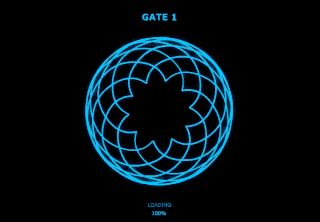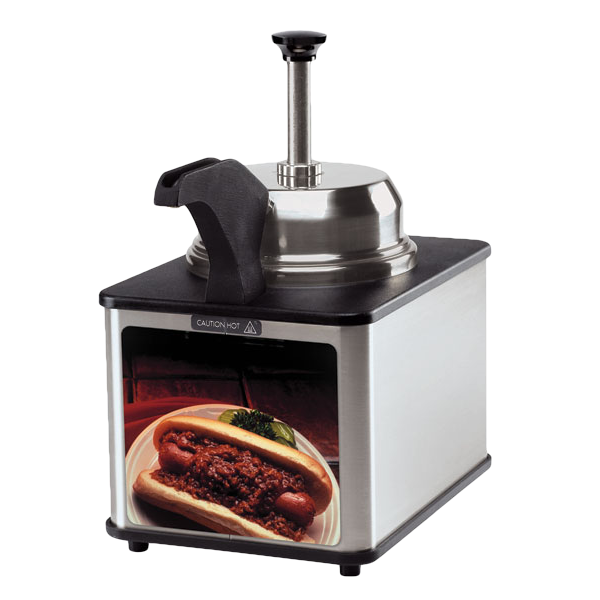A good chunk of that reason could simply be numbers. Tesla sold over 5m vehicles, but Leaf was only at 600k in early 2022 (not sure how many have been made since then).
Edit: Got a closer data point for Tesla, they were at 2.3m at the end of 2021.
Honestly, I know it's not a popular thing to say here, but I would be tempted to buy a Tesla if it wasn't for how shitty they are of a product.
I hate Musk and his fascist shit, but then again I don't know if any car manufacturers are any "good" politically. It's a nice looking electric car and aren't exorbitantly expensive. I also hate that they don't have anything physical in the car other than a tablet though, and they can be remotely controlled by Tesla. I'm just trying to do something electric but I just wish there were Chinese EVs available, I would just happily go with one of those!
they are up there in terms of most intrusive spying and technology bullshit.
Yeah... I could probably deal with it if they spontaneously combusted but that is probably the biggest dealbreaker for me, given what I may be talking about or listening to in the car.
They're especially unprotected. Most electric vehicles don't fail as spectacularly or often as Teslas, eg losing power and locking people inside to burn and igniting in crashes. I'm sure some examples of some other models will crop up but they likely got banged around a lot more by the floodwaters.
Americans: byd bad becos fire and China bad
Also Americans: [bazingamobile ignites when lightly salted]
This hurricane was foreseen a little bit so if electric cars generally present a threat there was an opportunity to remove them from the situation. Unfortunately under a neoliberal two party dictatorship that is not something that could be done.
Apparently in some cities in China, they park the cars on elevated highways before a flood to avoid water damage
And you all laughed when Trump said he was scared of electric boat batteries and would rather fight a shark!
Critical support to Tesla, wish all cars would spontaneously self-destruct









